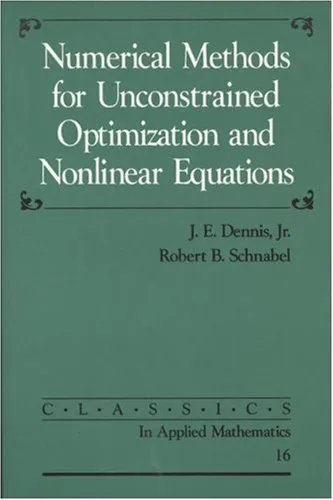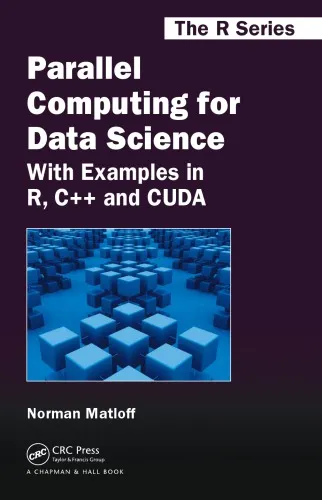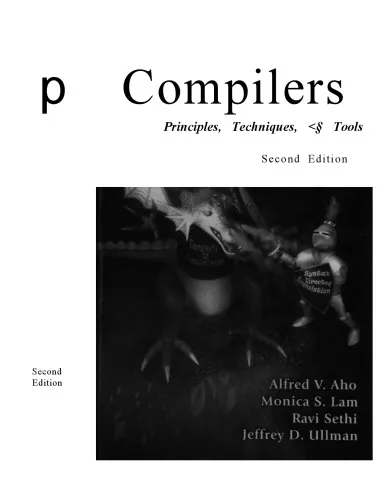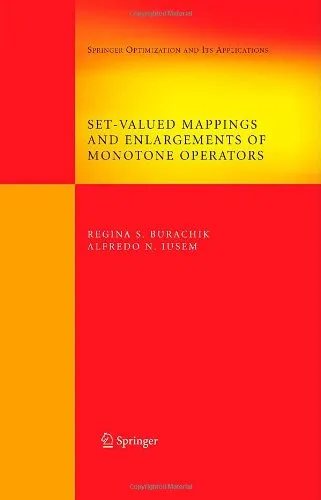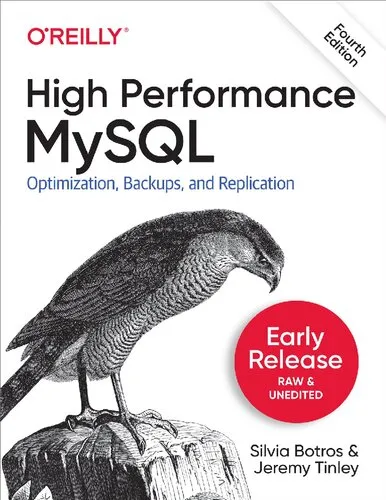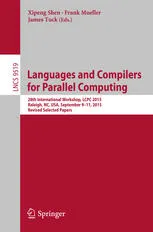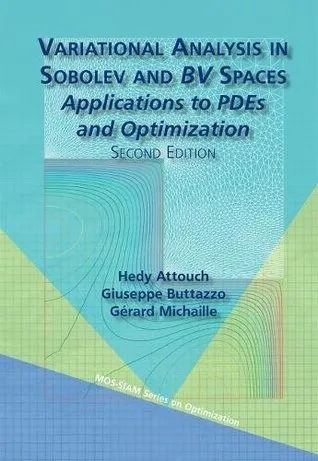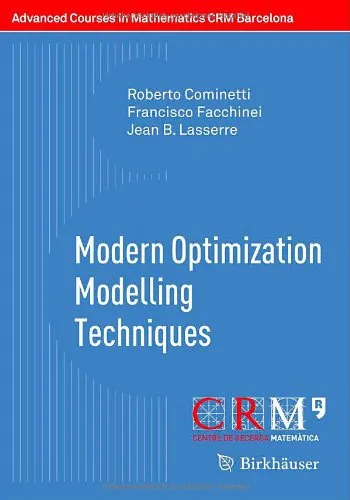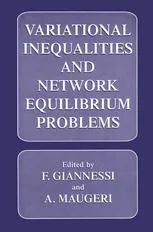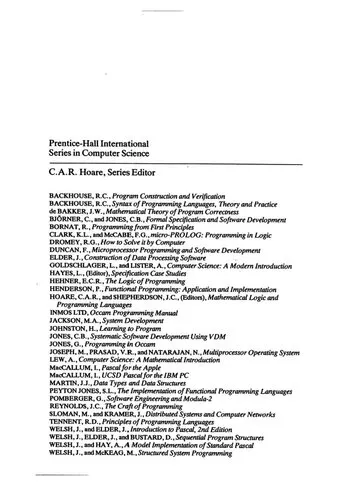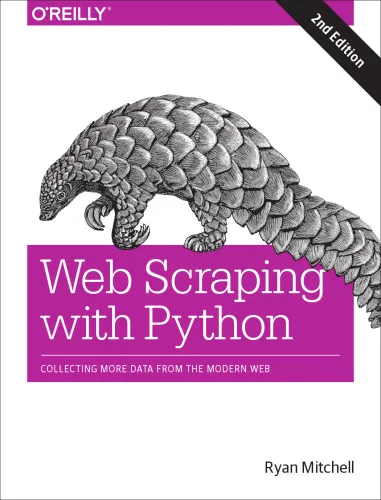Compilers: principles, techniques, & tools = 编译原理: 技术与工具
4.7
Reviews from our users

You Can Ask your questions from this book's AI after Login
Each download or ask from book AI costs 2 points. To earn more free points, please visit the Points Guide Page and complete some valuable actions.Related Refrences:
Compilers: Principles, Techniques, & Tools, often dubbed the "Dragon Book" due to its distinctive cover art, is a seminal text in computer science that lays the foundational framework for understanding the principles and construction of compilers. The book is renowned for its comprehensive approach to the theory and practical applications of compiler design. This introduction offers an insightful dive into its content, significance, and impact in the field of computer science.
Detailed Summary of the Book
The "Dragon Book" extensively covers the entire process of compiler construction, presenting a detailed division of the complexities involved. It begins with lexical analysis, which involves tokenizing the source code into meaningful symbols. This is followed by syntax analysis, which checks the source code against grammatical rules to ensure structural correctness. The book progresses into semantic analysis, where it examines the meaning of the syntactically correct phrases in the context of the language.
After establishing a foundation in these preliminary stages, the book delves into intermediate code generation, optimization strategies, and finally, the generation of target code. Each phase is explored with in-depth theoretical discourse backed by practical techniques and algorithms. The "Dragon Book" is renowned for its rigorous mathematical treatment of algorithms involved in compiler design, supporting readers with precise proofs and derivations.
The book also incorporates discussions on code optimization techniques, which are vital for improving the efficiency and performance of the resulting code. It elaborates on both local and global optimization processes and delves into areas like loop optimization, data-flow analysis, and register allocation. Furthermore, the text explores advanced topics such as type checking, run-time environments, and garbage collection, offering a holistic understanding of modern compiler design.
Key Takeaways
- A comprehensive guide to the theoretical foundations of compilers including lexical, syntax, and semantic analysis.
- Practical techniques for each phase of the compiler construction process, enhanced by algorithms and real-world applications.
- Extensive coverage of optimization methods essential for efficient code generation.
- Insights into advanced topics such as runtime environments and type systems, which are crucial for understanding modern programming languages.
Famous Quotes from the Book
"Compiler construction is an engineering discipline, but it draws upon elements from many domains such as formal language theory, algorithms, and software engineering."
"A well-designed compiler translates not only the source code but also the programmer's intentions into effective machine instructions."
Why This Book Matters
The significance of "Compilers: Principles, Techniques, & Tools" extends beyond its thorough coverage of compiler construction. It has been instrumental in shaping the understanding of several generations of computer scientists about how high-level programming languages are translated into machine code. The methodologies and practices discussed in the book are applicable not only to the field of compilers but also to other areas of software development and engineering that involve complex systems. The "Dragon Book" is respected for providing a deep dive into the structural mechanics of programming languages, offering a fundamental base for research and innovations in the ever-evolving domain of computing.
Beyond its technical merit, the book is lauded for its clear explanations accompanied by illustrative examples, which make complex theories accessible to students, educators, and practitioners alike. It stands as a critical resource in academia and industry, upholding a legacy of excellence in the education of computer programming and systems design. As programming languages continue to evolve, the principles elucidated in this book remain steadfast, highlighting its timelessness and relevance in the continuously advancing field of technology.
Free Direct Download
You Can Download this book after Login
Accessing books through legal platforms and public libraries not only supports the rights of authors and publishers but also contributes to the sustainability of reading culture. Before downloading, please take a moment to consider these options.
Find this book on other platforms:
WorldCat helps you find books in libraries worldwide.
See ratings, reviews, and discussions on Goodreads.
Find and buy rare or used books on AbeBooks.

